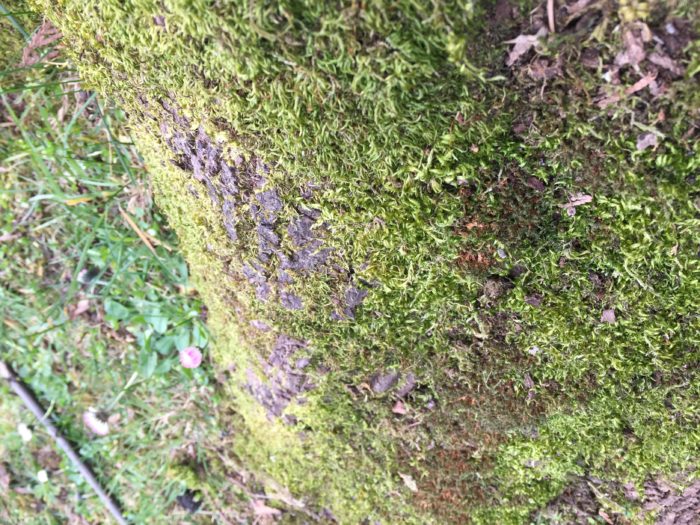Imagine a sanctuary set in a clearing in the trees — not a theatre in the traditional sense of the word, but a place where people gather for music, dance, poetry, storytelling, speeches, and parties. There are performers and an audience, so to speak, but no script, sacred text, director, or minister.
The sanctuary is used for services led by members of the fellowship who take turns planning and performing. These vary greatly depending on who is leading them — youth and elders, newcomers and old-timers, believers and questioners. These performances draw on the personal, political, and universal. Sometimes there is a dance, a film, a call to action on a pressing social justice issue, a guest speaker, or a performance of a scripted play. The quality varies as much as the content because the members of the fellowship are amateurs in the most generous definition of the word — people who are lovers of something rather than experts or professionals who do something for money. That is not to say that their offering is something lesser than a “professional” one, but more like a home-cooked meal versus something from a restaurant.
Some of the members attend services for years and never take a turn leading or performing; they are what we might call the audience. They bring flowers, make the coffee, pass the collection plate. But most importantly, they show up, week after week, and give their time, attention, and open minds to whomever happens to be on stage. Sometimes the service is inspiring, beautiful, meaningful, surprising, enlightening, funny, thought-provoking, maybe even all of the above. But to be honest, many times, it is boring, off-key, derivative, embarrassing, awkward, preaching to the choir, or just not one’s cup of tea. The fellowship relies on a group of people who show up despite this, or maybe even because of it.
As a kid I was part of such a fellowship, a Unitarian church without a minister, and I often imagined an alternative version of that fellowship with “better” art. I find myself a part of something like that now, with artists working at a truly expert and professional level (even if they are not paid, or not paid enough.) The art is undoubtedly “better” in terms of quality, rigor, critique, diversity, equity, and craft, and the shows often feel like a kind of ceremony or service. I feel a special connection with others who create and show up for this kind of shared experience, and who travel the world to find it. But we are only together for a few hours or days here and there. What if we had more time and space to just be with each other in a more relaxed and ongoing way? What if artists could be supported to do what they love without the pressure to make money?
I imagined a more theatre-like fellowship as a kid; now I’m imagining a more fellowship-like theatre, with time and space to show up for each other as amateurs. Maybe there could even be a sanctuary for doing things that are not quite art or work, for taking turns leading services for each other. How fun to imagine all my favorite people together in that sanctuary.
